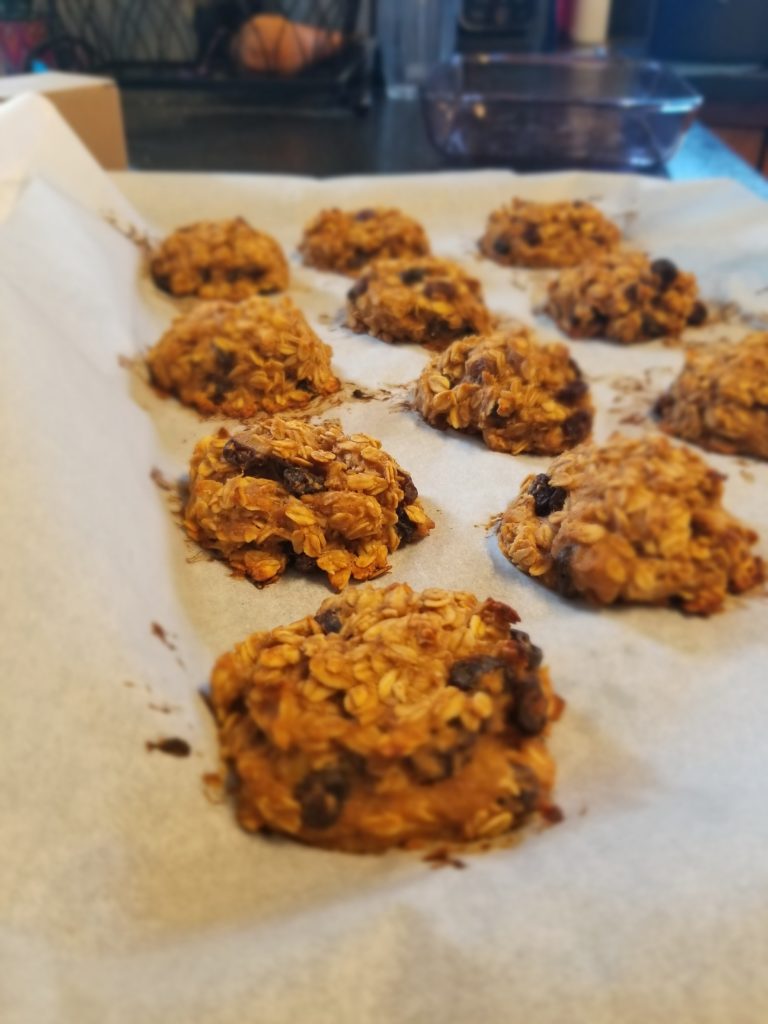Causes of Chronic Inflammation
Inflammation’s central purpose is to come to the body’s aid when an injury occurs. It involves an intricate communication system of chemical messengers throughout the body, which can be triggered in a number of ways.
When something injures us, inflammation kicks in so the cells of the immune system can come to the rescue and start the healing process ASAP. The brilliance of this process is that it our body knows something is going on, and it occurs automatically without our consciously having to do anything or even knowing it’s happening.
It’s great for the short-term needs we have, but when it goes on and on it becomes a real problem. Uncontrolled inflammation is linked to things like heart attacks, dementia, and autoimmune disorders (to name a few).
Read on to learn about some causes of chronic inflammation:
Body Fat and Inflammation
As if we need any more reasons to keep in shape, body fat (and in particular belly/visceral fat) appears to cause chronic inflammation. The reason for this is still under investigation, but preliminary studies are showing there may be a chemical released by the visceral (belly) fat that triggers the process. Reducing waist circumference (distance around the abdomen) is one great step toward bringing down chronic inflammation.
Dietary Fats and Inflammation
In light of the “fat is bad”/”fat is good” debate we’ve been seeing, I’m here to tell you they are both right. It all depends on what type of fat, and how much you’re eating.
Now, without doing a whole post on types of fat and how they affect health, I’m going to cut to the chase.
- Artificial trans fats are bad. In particular, steer clear of industrial trans fats or partially hydrogenated fats. We find these in many processed foods in the grocery store because manufacturers alter products in a way that allows them to not spoil too soon. There really is nothing good nutritionally about them, so avoid them.
- Omega 6 Fatty Acids are necessary, but in small amounts only. Many foods with healthier fats also contain omega 6, so eliminating it entirely would be both difficult, and cause deficiency in other needed nutrients. Experts also say we have it throughout our bodies and our cells need it to function, but the overwhelming evidence is that it should be in small proportion as compared to Omega 3 Fatty Acids. The moral of the story? Don’t fret about getting small amounts of it, but cut back if you’re eating too much.
- Omega 3 Fatty Acids are considered “good” fats. Studies have consistently shown a trend toward Omega 3s reducing inflammation. While they’re good for you, don’t go overboard. Fats contain more calories per gram than other macronutrients, so too many will still lead to weight gain and the problems that come with it. Just make sure the fats you do eat are the right ones!
Sugar and Inflammation

It’s pretty well known that sweets aren’t good for you. This is one of the top foods to avoid with Sjogren’s Syndrome. Sugar can actually cause inflammation in more than one way.
By itself, it can raise inflammatory markers in the blood just through consumption. To add insult to injury, excess added sugar increases body weight, and of course, when you have too much visceral fat, you get a second dose of inflammation there too.
Artificial Sweeteners and Chronic Inflammation
Artificial sweeteners come in many forms, and more are always on the way. Studies have not conclusively shown artificial sweeteners to cause chronic inflammation in the general population, but those with chronic inflammation associated with rheumatic/autoimmune disorders do risk an exacerbation, or flare when consuming them regularly.
Refined Grains and Inflammation
Refined grains are those which were modified from their natural form. Fiber is removed, and the texture is made finer. This bleaches the grains so products made with white flour are considered processed or refined. Wheat, rice and corn are often refined – these foods relate to increased blood markers for systemic inflammation.
Whole grains, unrefined are shown to be inversely related (lower inflammation), or have no relationship to inflammation. Look for whole wheat, brown rice, whole oats in the ingredients.
Stress and Inflammation
Often accompanying an injury is stress. Physical harm often occurs in stress-inducing situations, so the body learns that the stress response can mean an injury is either on the way or just happened. As smart as our natural wiring is, our immune system’s response can become conditioned – our state of mind can influence the response whether or not an injury has happened. Chronic stress that isn’t managed well is commonly linked to inflammatory diseases, such as autoimmunity.
Managing that stress can go a long way in helping the body re-balance itself.

How to Reduce Inflammation in the Body
A diet and lifestyle that keeps inflammation under control has the added benefit of being good for your physical and mental health all around. It’s the bonus to beat all bonuses!
So Now What?
With all that we can do to reduce chronic inflammation, the trick becomes how to change our habits. That’s the hard part, isn’t it? If your doctor told you it’s time to make those changes, but didn’t say how, I’ll guide you through that in my interactive workbook. I hope you’ll check it out!
You can also take a peek at my download library for subscribers. There’s plenty there to get you started!








6 Comments